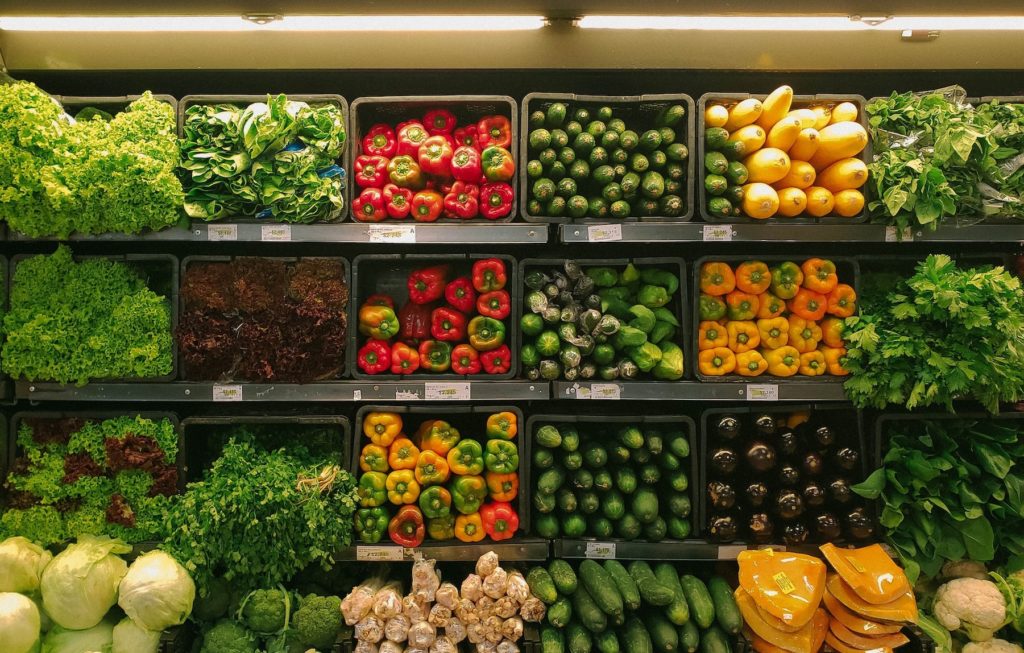Food as medicine is gaining mainstream appeal, but increasing access will be an uphill battle.
The latest: The Biden Administration is okaying the use of Medicaid funds to pay for fresh produce and nutrition counseling. The move aims to bolster preventative health measures and reduce costly medical interventions.
Between the lines: While the action has received some bipartisan support, opponents argue it’s an overreach for unproven science — or that existing federal food benefits program SNAP (fka food stamps) makes the new policy redundant.
While the debate ensues, many Americans continue to see their needs go unmet.
- 10% of US households experienced food insecurity in 2021.
- 54.7% of SNAP benefits are redeemed on ultra-processed foods.
- Adults in food-insecure households are ~40% likelier to develop chronic diet-related illnesses than those who aren’t.
Prescription foods. Nearly half of all US deaths are linked to diet-related illnesses, with studies suggesting a 75% greater mortality risk for food-insecure adults.
A potential solution, home-delivered, medically tailored meals could save the US an estimated $13.6B a year, with most of the benefit derived from Medicare and Medicaid programs.
But… between Big Food lobbying and misaligned incentives of US healthcare, the status quo is deeply entrenched — and creating widespread access and affordability for fresh, healthy food won’t be easy.
Funding real food. While personalized nutrition startups bear out the evidence of better eating, food-as-medicine companies are preparing to do the hard things, investing in infrastructure and partnering with the public sector.
- In 2021, nonprofit About Fresh partnered with five Massachusetts healthcare systems, debuting a Medicaid-supported produce prescription debit card.
- Free From Market, which just raised $2.1M, provides bulk ordering, produce/meal delivery, and telenutrition services for low-income individuals with chronic health issues.
- Food-as-medicine platform Season Health partnered with healthAlign to couple Medicare Advantage-backed in-home aged care with personalized meals.
Takeaway: Extreme weather, inflation, and the Russia-Ukraine war aren’t making fresh fruits and vegetables any cheaper. But with the overall economic cost of diet-related illnesses reaching $1T per year, investing in a better American diet shouldn’t be so much of a debate.






